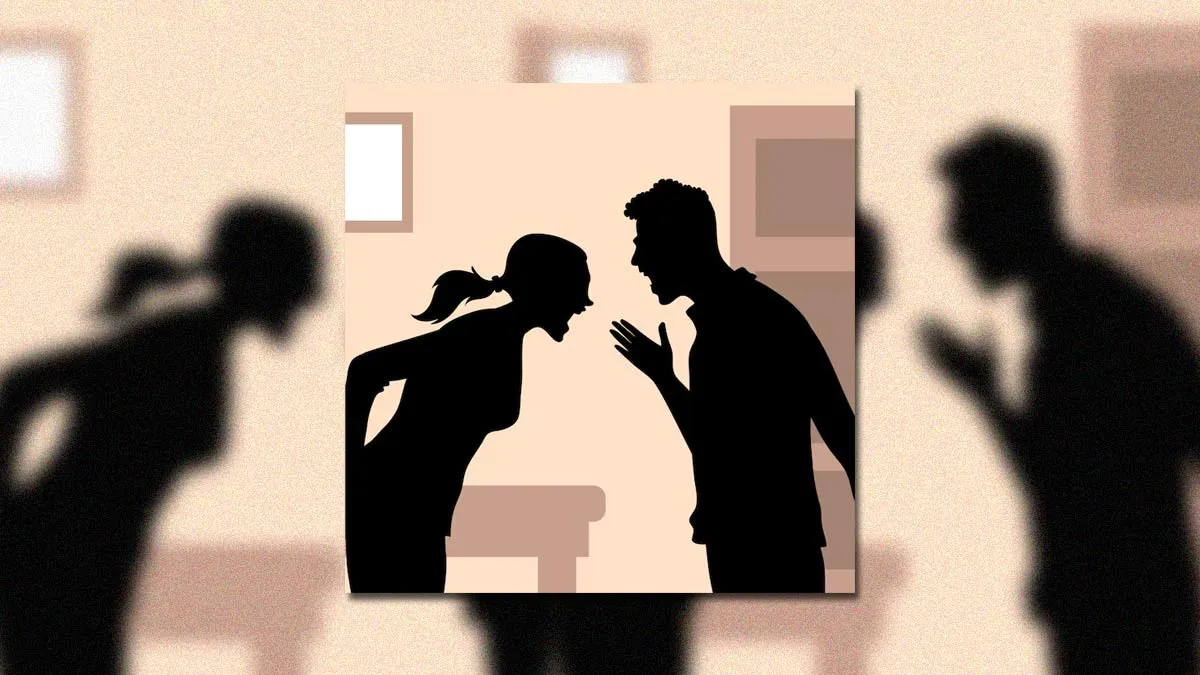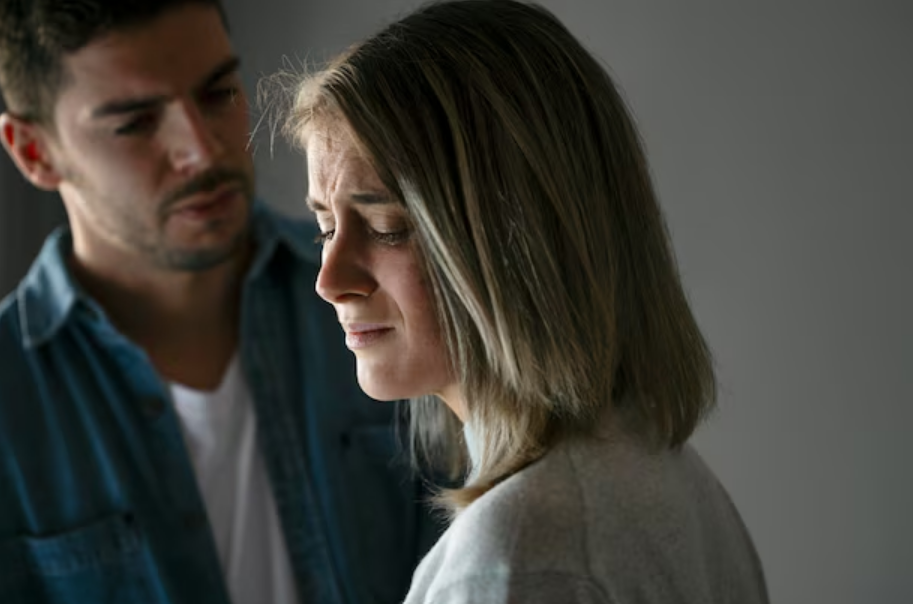
Healing from an abusive relationship is a challenging and deeply personal journey. Whether the abuse was emotional, psychological, or physical, the effects can be long-lasting and difficult to overcome. Regardless of the nature of the abuse, the road to recovery requires time, patience, self-reflection, and, most importantly, self-compassion. Experts emphasise that healing is possible but it requires effort and support.
According to Dr Arvind Otta, Senior Psychologist and Mental Health Activist, "Recovering from an abusive relationship is a highly personal individual journey that requires time, patience, and compassion toward oneself." Priyanka Kapoor, a Psychotherapist and Family Counsellor, adds that emotional control and self-reflection are crucial.
Here are six expert-backed tips on how to heal after an abusive relationship.

The first step in healing is to accept that you’ve been abused. Dr Otta emphasises, “Awareness of and acceptance of the abuse is the first thing that is necessary.” This is crucial because many survivors carry the burden of shame or guilt. Recognising that it 'is not your fault' and that you 'deserve to be treated with respect and dignity' can break the emotional chains holding you back.
Healing from abuse is not linear, and there is no fixed timeline. Priyanka Kapoor stresses, “Healing from a toxic relationship might take anywhere from six months to a year.” She adds that recovery depends entirely on the individual and the depth of the abuse. "Rushing the process will only delay your emotional recovery," she warns. Give yourself the time to heal at your own pace.
It’s tempting to seek validation from others when you're feeling vulnerable, but Kapoor warns that entering another relationship too soon can lead to repeating toxic cycles. “If you are still emotionally needy, even a healthy relationship could become toxic,” she says. Instead, focus on building emotional independence. Prioritise healing over romance, and refrain from entering a relationship until you are completely emotionally self-sufficient.
Don't Miss: Why Do Some Block Their Exes On Social Media While Others Don't? The Psychology Explained

Self-reflection plays a pivotal role in the healing process. Dr Otta encourages survivors to practice introspection by stating, “Self-reflection would allow you to examine the patterns of relationships, their healthy boundaries for future connections, and some mistakes made along the way.” By learning from the past, you can develop healthier habits and avoid toxic patterns in future relationships. Reflecting on the abuse helps you understand how to break free from harmful dynamics.
Forgiveness is a critical part of emotional healing, but it does not mean excusing the abuse. Dr Otta states, “Forgiveness does not change the past, but it enlarges the future.” By forgiving both yourself and your abuser, you release the toxic grip the past holds on you. However, remember that forgiveness should be for your emotional freedom, not for the abuser. This act of letting go creates space for personal growth and empowerment.
Kapoor insists, “Increase your self-esteem, concentrate on your development, and engage in a lot of self-reflection.” As you work on rebuilding your self-worth, learn to set and maintain boundaries. Whether in relationships, work, or family life, establishing clear limits is essential in protecting your emotional health. Strengthening your sense of self and knowing what you deserve is crucial in avoiding future toxicity and building healthy connections.
Healing from an abusive relationship is a personal and often challenging journey, but it is entirely possible with the right mindset and support. Abuse in any form—physical, emotional, or psychological—is unacceptable.
Don't Miss: Stuck In A Toxic Situationship? Mental Health Expert Shares What Is It, How To Move On, And More
Keep reading Herzindagi for more such stories.
Image Courtesy: Freepik
Also watch this video
Herzindagi video
Our aim is to provide accurate, safe and expert verified information through our articles and social media handles. The remedies, advice and tips mentioned here are for general information only. Please consult your expert before trying any kind of health, beauty, life hacks or astrology related tips. For any feedback or complaint, contact us at [email protected].